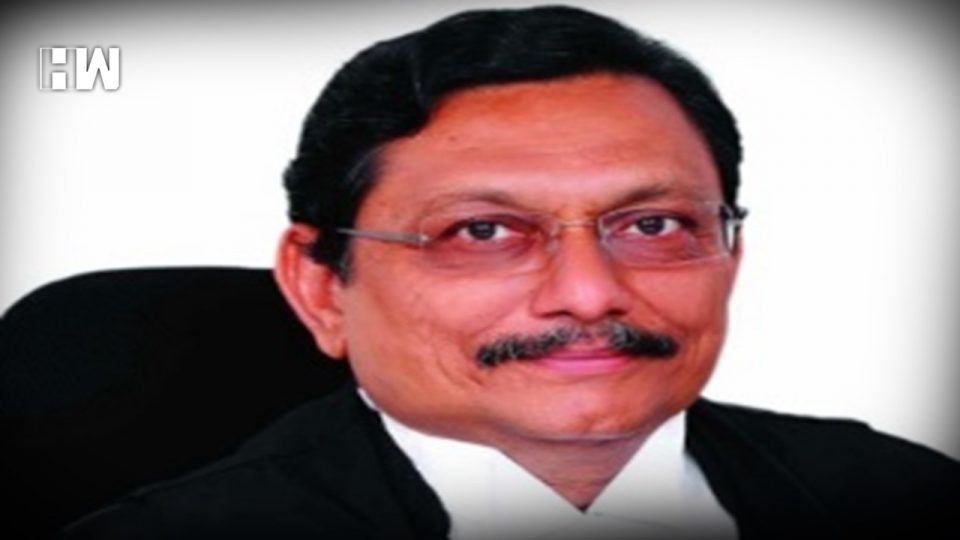President Ram Nath Kovind signed warrant appointing Justice SA Bobde as the new CJI, will take oath on 18th November
New Delhi| On Tuesday, President Ram Nath Kovind signed a warrant appointing Justice Sharad Arvind Bobde as the next Chief Justice of India. Justice Bobde will take oath as CJI on November 18. The oath will be administered by President Kovind.
President Ram Nath Kovind signs warrant appointing Justice Sharad Arvind Bobde as the next Chief Justice of India (CJI), he will take oath on November 18th. Current CJI Justice Ranjan Gogoi retires on November 17th. pic.twitter.com/dCiALYqdj8
— ANI (@ANI) October 29, 2019
The development comes a few days after present CJI Ranjan Gogoi initiated the process of appointment of Justice Bobde as the next CJI and wrote a letter to the Centre recommending his name.
However, there will be restrictions on the number of guests who will be allowed to enter the venue due to security reasons. The guests would also need a clearance from the President’s Office.
Several top dignitaries are expected to attend the oath-taking ceremony including senior ministers from the Modi cabinet and several senior judges from the top court and other high courts.
This process is followed by all CJIs ahead of their retirement. Gogoi will be retiring from his post on November 17, just a day before Justice Bobde takes oath.
Also Read: Supreme Court sends notice to Centre regarding Article 370, told to reply in 7 days
Who is SA Bobde?
SA Bobde is a judge of the Supreme Court of India, a former Chief Justice of Madhya Pradesh High Court. He is also serving as the Chancellor of Maharashtra National Law University, Mumbai and Maharashtra National Law University, Nagpur. Bobde comes from a Nagpur-based lawyers’ family. His grandfather, father, elder brother late Vinod Arvind Bobde were all lawers holding high positions in the Supreme court.
Notable Judgements
A three-judge bench of the Indian Supreme Court, comprising Bobde, Jasti Chelameswar, and Chokkalingam Nagappan, ratified an earlier order of the Supreme Court and clarified that no Indian citizen without an Aadhaar card can be deprived of basic services and government subsidies.
He is due to retire on 23 April 2021. With a tenure of eight years in Supreme Court of India.
As an independent media platform, we do not take advertisements from governments and corporate houses. It is you, our readers, who have supported us on our journey to do honest and unbiased journalism. Please contribute, so that we can continue to do the same in future.

